SEM e-commerce is one of the best ways to draw in high-quality visitors and increase conversions in the cutthroat digital industry of today. SEM e-commerce enables online firms to show up right in front of potential customers while they are actively looking for items, in contrast to traditional marketing, where visibility is dependent on long-term brand familiarity.
What is SEM E-commerce?
Search Engine Marketing for E-Commerce, or SEM e-commerce, is the practice of promoting online retailers using paid advertising campaigns such as Google advertisements, Bing Ads, or product listing advertisements. It helps companies rank well in search results, get relevant visitors, and boost conversions nearly immediately. SEM e-commerce is a straightforward method of reaching ready-to-buy clients for e-commerce companies, who face intense competition.
SEO vs. SEM: What’s the Difference?
Many store owners confuse SEO and SEM, but understanding the difference is crucial before investing.
- SEO (Search Engine Optimization): This is an organic approach where your website is optimized with keywords, content, backlinks, and technical improvements to rank higher in search engines over time. SEO is cost-effective in the long run but requires patience.
- SEM (Search Engine Marketing): This involves paid campaigns that bring immediate visibility. SEM e-commerce ensures that your products appear instantly in front of buyers, making it ideal for businesses looking for quick growth and measurable results.
In short: SEO builds your foundation for long-term visibility, while SEM e-commerce accelerates sales through targeted paid strategies. The best businesses often combine both for maximum impact.
Benefits of SEM E-commerce
- Instant visibility: Your items may show up on Google’s first page right away if you use SEM e-commerce.
- Highly targeted reach: Ads are shown only to potential buyers searching for your products.
- Scalability: You can scale campaigns up or down based on performance and budget.
- Better ROI tracking: Due to the ability to trace each click, view, and transaction, SEM e-commerce is among the most transparent marketing strategies.
- Competitive edge: For industries like vape, fashion, or consumer electronics, SEM e-commerce allows small businesses to compete with larger brands.
Why businesses need SEM E-commerce?
Relying solely on organic traffic can take months, sometimes years, to show results. Meanwhile, competitors who leverage SEM e-commerce are already capturing the market share. With strategic ad placement, keyword targeting, and budget optimization, you can ensure your store attracts qualified buyers instead of just browsers.
Conclusion
SEM e-commerce involves more than just running advertisements; it involves developing a focused, data-driven plan that complements your company’s objectives. SEM e-commerce is your shortcut to visibility and sales, while SEO fortifies your long-term online presence. Combining SEO and SEM e-commerce is the key to success for any e-commerce company looking to grow rapidly.

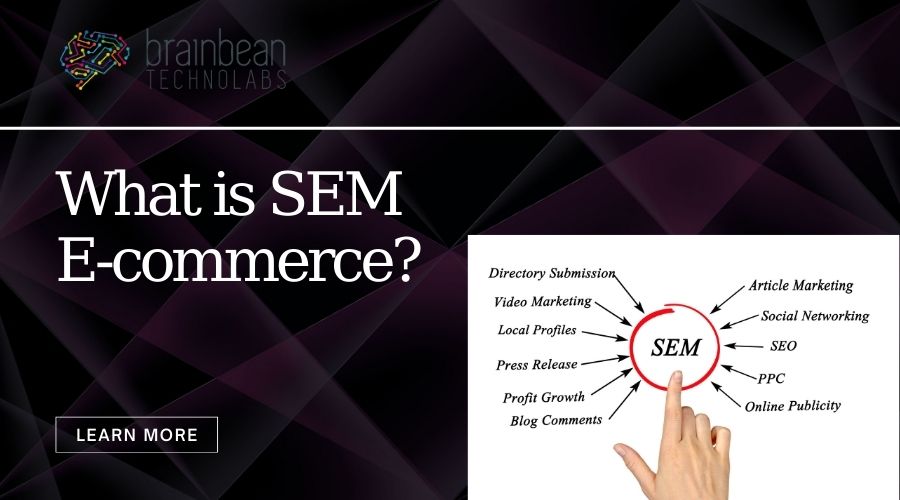

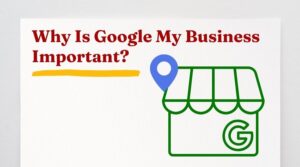
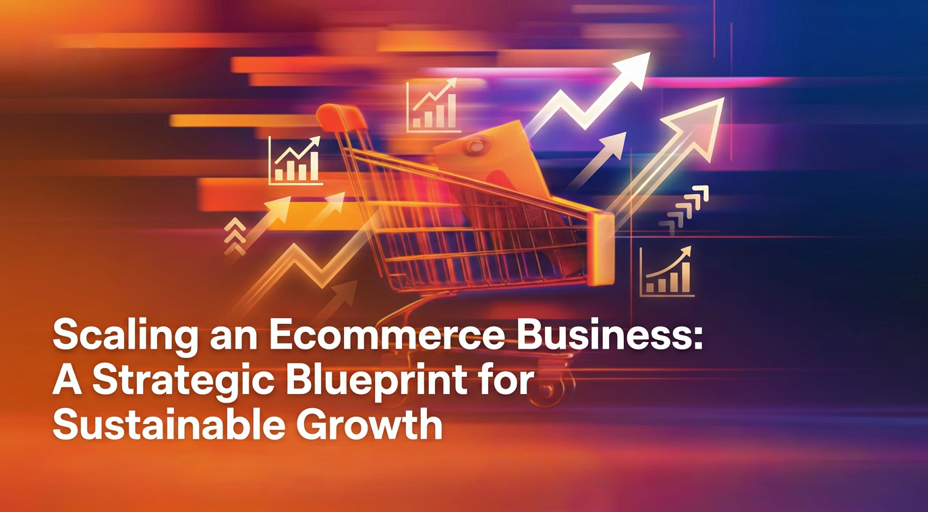
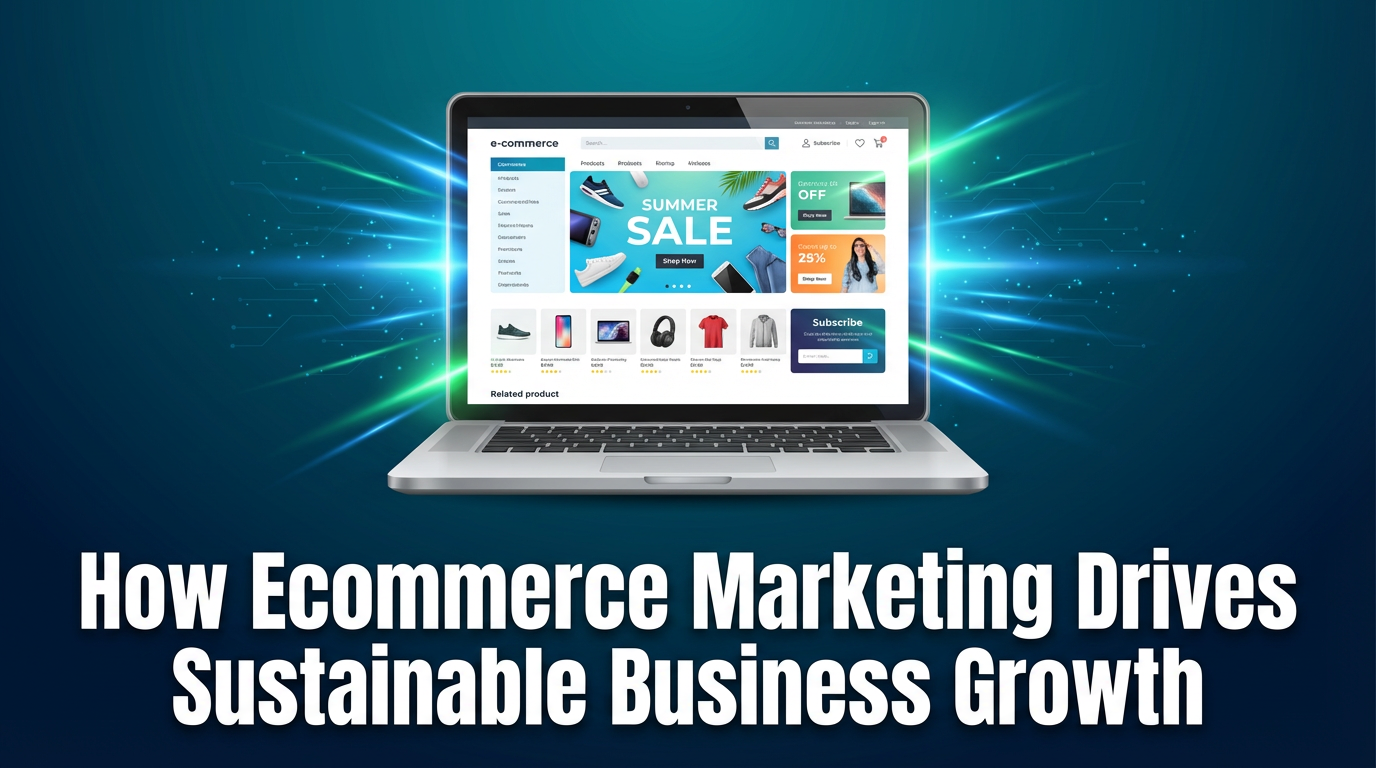
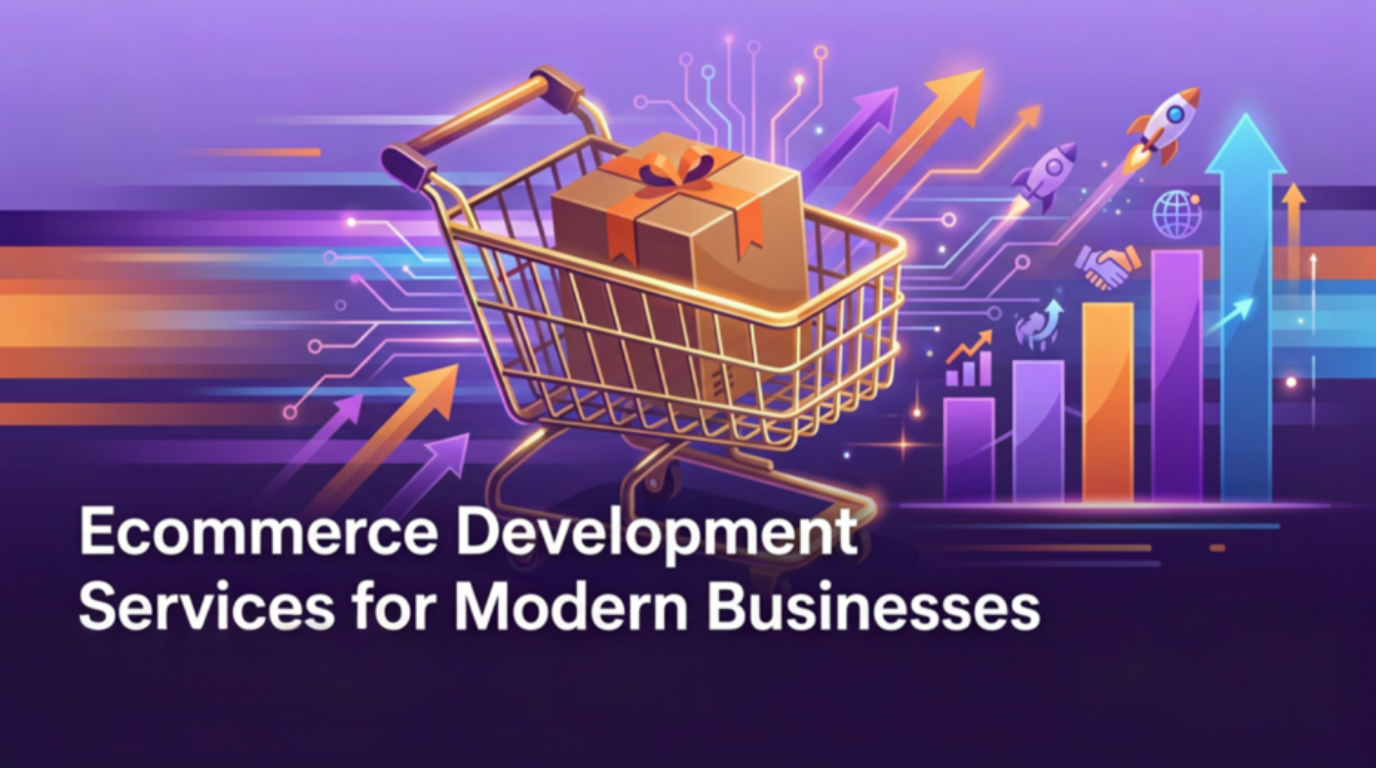
 Get Started
Get Started